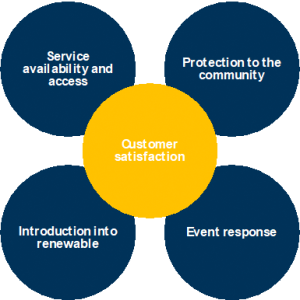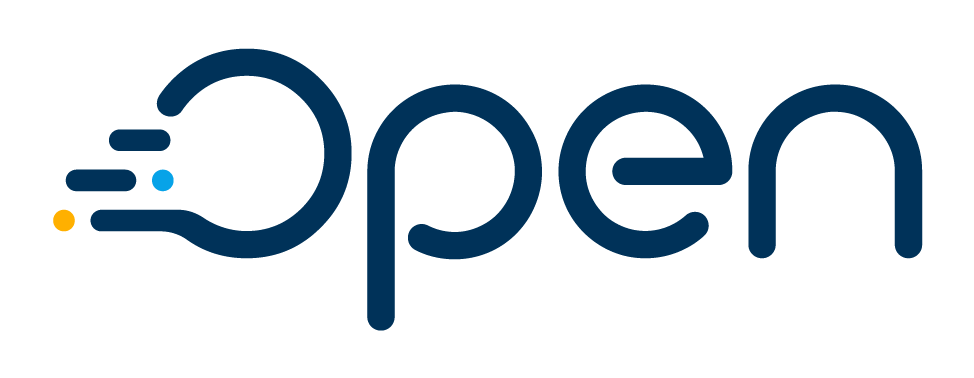Public energy utilities have established vital objectives crucial for the well-being of the communities they serve. However, achieving these goals requires companies to depend on a system equipped with the essential capabilities to address every requirement. Let's explore how Smartflex, with its innovative tools, can enable your business to accomplish these objectives.

Public power utilities, under local government control, play a vital role in supplying energy to their communities. Besides adhering to regulatory laws and delivering energy services to the local community, these companies are also responsible for meeting specific objectives aimed at enhancing the quality of service provided in their areas. These objectives include:
Service availability and access
Providing reliable and affordable access to electricity for communities is a crucial aspect of promoting social equity, as this essential service is a fundamental element in enhancing overall quality of life. Electricity facilitates comfortable living and grants access to vital services such as healthcare, education, and communication, thereby enabling communities to live peacefully.
Low-income communities often struggle to pay high electricity bills, and lack of access can perpetuate poverty. Therefore, to foster increased investment in these communities, public utilities must strive to provide fair and equitable pricing structures, ensuring that all communities benefit from reduced average electricity bills. Also, Utilities should facilitate various methods for the community to cover the cost of their services or create payment agreements through digital platforms, eliminating the need for in-person visits that disrupt the customer´s daily routines.
Protection to the community
Safeguarding communities against both cyber threats and physical attacks is crucial to ensure public safety. These threats can often compromise data security, leading to identity theft, fraud, and other harmful consequences for individuals and businesses. Cyber threats and physical attacks can disrupt utility operations, leading to service interruptions, delayed response to emergencies, and increased costs, which is detrimental to the entire community. With this in mind, utilities need to strengthen their security and data privacy schemes by ensuring they comply with market cybersecurity standards.
Introduction into renewable energy
Given the growing market demand for cleaner energy sources, utilities are actively pursuing a transition to a more renewable energy supply. By reducing carbon emissions, public utilities play a crucial role in combating the detrimental effects of global warming and promoting environmental sustainability.
Moreover, a growing number of consumers are interested in adopting clean and sustainable energy sources. Thus, public utilities that provide renewable energy alternatives stand to attract and retain environmentally conscious customers. This, in turn, elevates their public image and fosters stronger customer loyalty.
Critical event response
Preparing for natural and unexpected events, such as storms, hurricanes, tornadoes, earthquakes, and floods, is crucial for service providers, as these situations can disrupt utility services. Consequently, proactive preparation allows utilities to mitigate service interruptions and restore services as quickly and safely as possible, reducing inconvenience and hardship for customers.
An inadequate preparation for storms and unexpected events can damage public trust and the utility’s reputation. On the other hand, demonstrating preparedness and efficient responses can enhance public confidence in the utility.
Customer satisfaction
It is imperative for utilities to actively engage with their customers, making sure they are heard, in order to satisfy their needs and improve the quality of the services offered.
By actively soliciting and embracing customer feedback, utilities can foster innovation and adaptability. This feedback-driven process can lead to the development of new services, technologies, and energy-saving initiatives, better aligning utility offerings with evolving customer preferences and ultimately enhancing their service to the community.
As we can note, all objectives revolve around improving the service offered to the community, contributing to the satisfaction of customers.

It is important to remember that to achieve these objectives, utilities need to strengthen their operations with a system that equips them with the necessary capabilities to provide a next-level service. Public utilities should count on a software that is modern and flexible, that empowers organizations to stay aligned with market changes and maintain a continuous improvement approach.
Smartflex, the solution to meet your goals
Open Intelligence’s modern cloud CIS solution, Smartflex, supports utilities on their daily operations through its flexible and holistic approach. Its cutting-edge architecture empowers utilities to oversee tasks across various applications, facilitates cross-departmental cooperation, simplifies daily efforts, and enhances overall company efficiency.
Smartflex is designed with the capabilities to design new business models, including new programs in the realm of renewable energy. The solution also supports the creation of new rate schemes to bill these new services and meet regulations. Moreover, it includes a web portal that grants customers access to different mechanisms to pay their bills, set up payment agreements, or enroll in programs designed to assist with their financial struggles. All this taking into consideration the industry cybersecurity standards to preserve the security of the community information.
As an adaptable software, Smartflex counts on a powerful billing and rating rule engine that allows utilities to adapt to disruptive events and respond to new business necessities. From the creation of payment plans to billing usage estimations, service providers can adapt bills based on the particular characteristics and exceptions of each customer, thus personalizing their business strategies for the community´s benefit.
To keep utilities continuously improving, Open is introducing various technologies into the system to further enhance customer satisfaction. Examples include the initiative to integrate LLM like ChatGPT to assist customer service representatives in handling requests and requirements more efficiently, as well as digital adoption platforms designed to aid users in their day-to-day tasks.
All in all, the objectives of public utilities are aligned with delivering high-quality service to the community. Smartflex, a software designed to meet every market expectation, has the necessary tools to help your business stay profitable and achieve the goals you set.







